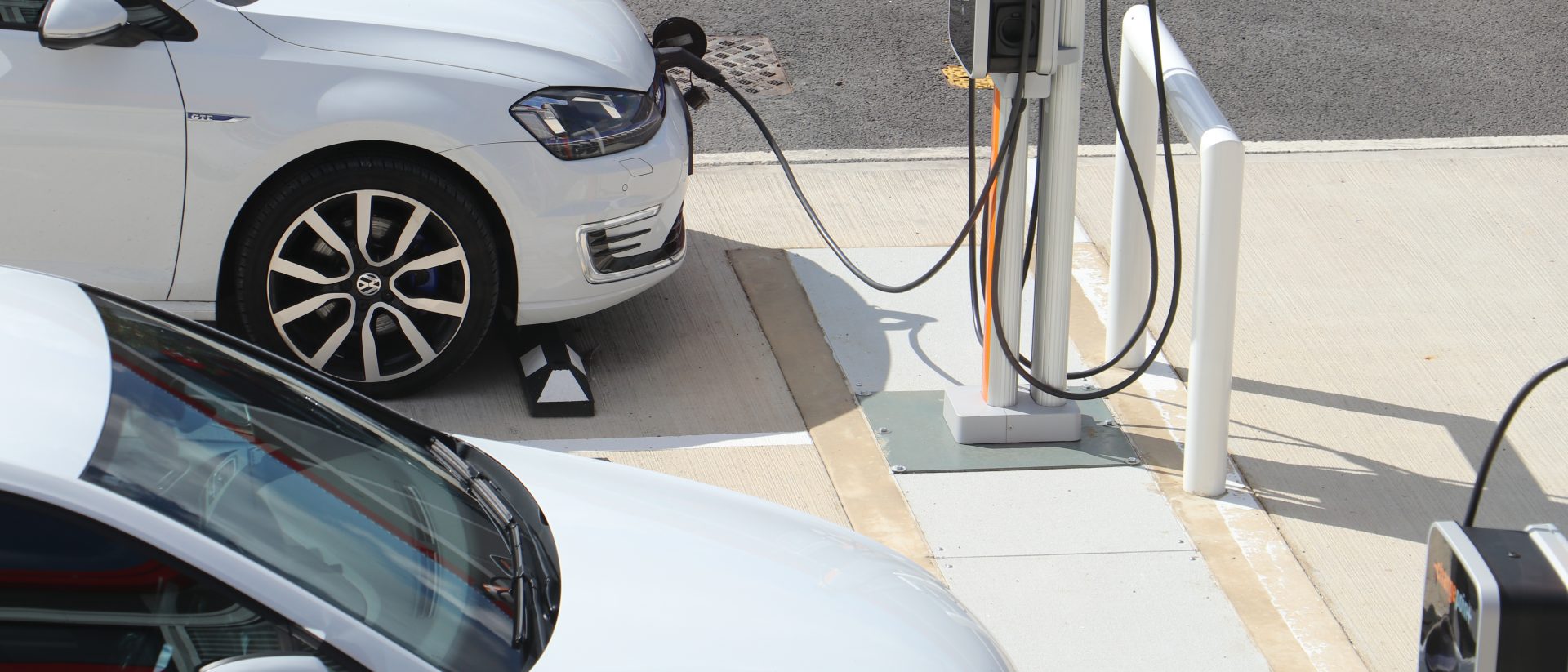- REA welcomes the requirement for new homes and buildings to install electric vehicle charge points from 2022 – measure aims to add up to 145,000 extra charging points each year across England;
- However, REA stresses that this must be part of a wider package to make electric vehicle charging accessible to existing housing stock and in public places for those without off-street parking;
- Government also urged to bring forward ZEV mandate programme.
The Association for Renewable Energy and Clean Technology (REA) has welcomed the announcement that all new homes, and buildings such as workplaces and supermarkets, will be required to install electric vehicle charge points as a positive step forward.
According to the Government, up to 145,000 extra charge points will be installed across England each year following the implementation of these regulations in the run up to 2030 when the sale of new petrol and diesel cars will end in the UK.
As well as new homes and non-residential buildings, those undergoing large scale renovations which leaves them with over 10 parking spaces will be required to install electric vehicle charge points.
The REA says that installing charge points during construction is more cost effective and less disruptive than retrofitting them later, therefore should be encouraged. However, new-build homes make up only a small fraction of the total housing stock in England. The Government also needs to focus on ensuring that charging infrastructure is available to those living in existing housing stock and to those without off-street parking.
Jacob Roberts, Transport Policy Manager at the Association for Renewable Energy and Clean Technology (REA), said:
“Making sure as many people as possible are able to charge at home is key to ensuring that the full cost-saving benefits of EVs are spread fairly across society. Installing EV chargers during building construction is cheaper and less disruptive than retrofitting them later, particularly for shared and communal car parks. This approach will also go a long way to ensuring that grid connections are futureproofed to accommodate the recharging requirements of tomorrow’s EV users.
“However, this is only the tip of the iceberg, and our focus now needs to turn to the existing housing stock, particularly for blocks of flats, rental properties and leasehold properties, where higher costs and complex approval processes need to be overcome.
“We must also continue to develop a network of cost-effective and convenient public charging infrastructure for those living in properties without off-street parking. The REA are aiding the Government as they develop new grant support targeted at installing EV chargers in such settings.
“Lastly, increasing the accessibility of charge points will be immaterial if we cannot improve the affordability of electric vehicles too. The REA have long argued for ZEV mandates in the UK and hope that the Government will bring forward these regulations as soon as possible.”
—ENDS—
For more information or to request an interview, please contact:
Jack Abbott, PR and Communications Manager,
07862 038370/ jabbott@r-e-a.net
Notes to editors
About the Association for Renewable Energy and Clean Technology (REA):
The Association for Renewable Energy and Clean Technology (known as the REA) is the UK’s largest trade association for renewable energy and clean technologies with around 550 members operating across heat, transport, power and the Circular Economy. The REA is a not-for-profit organisation representing fourteen sectors, ranging from biogas and renewable fuels to solar and electric vehicle charging. Membership ranges from major multinationals to sole traders.
For more information, visit: www.r-e-a.net

